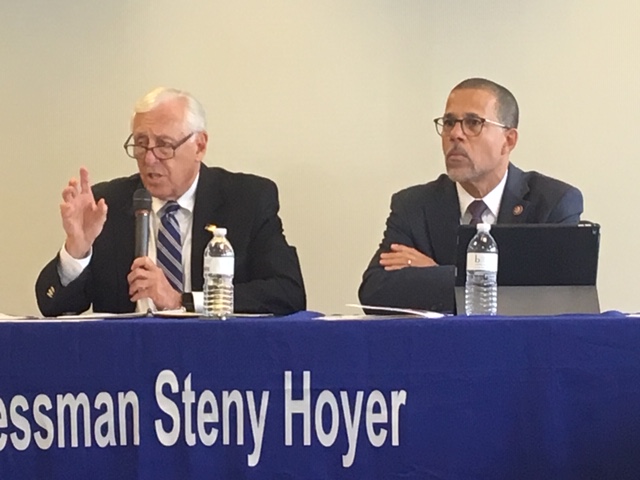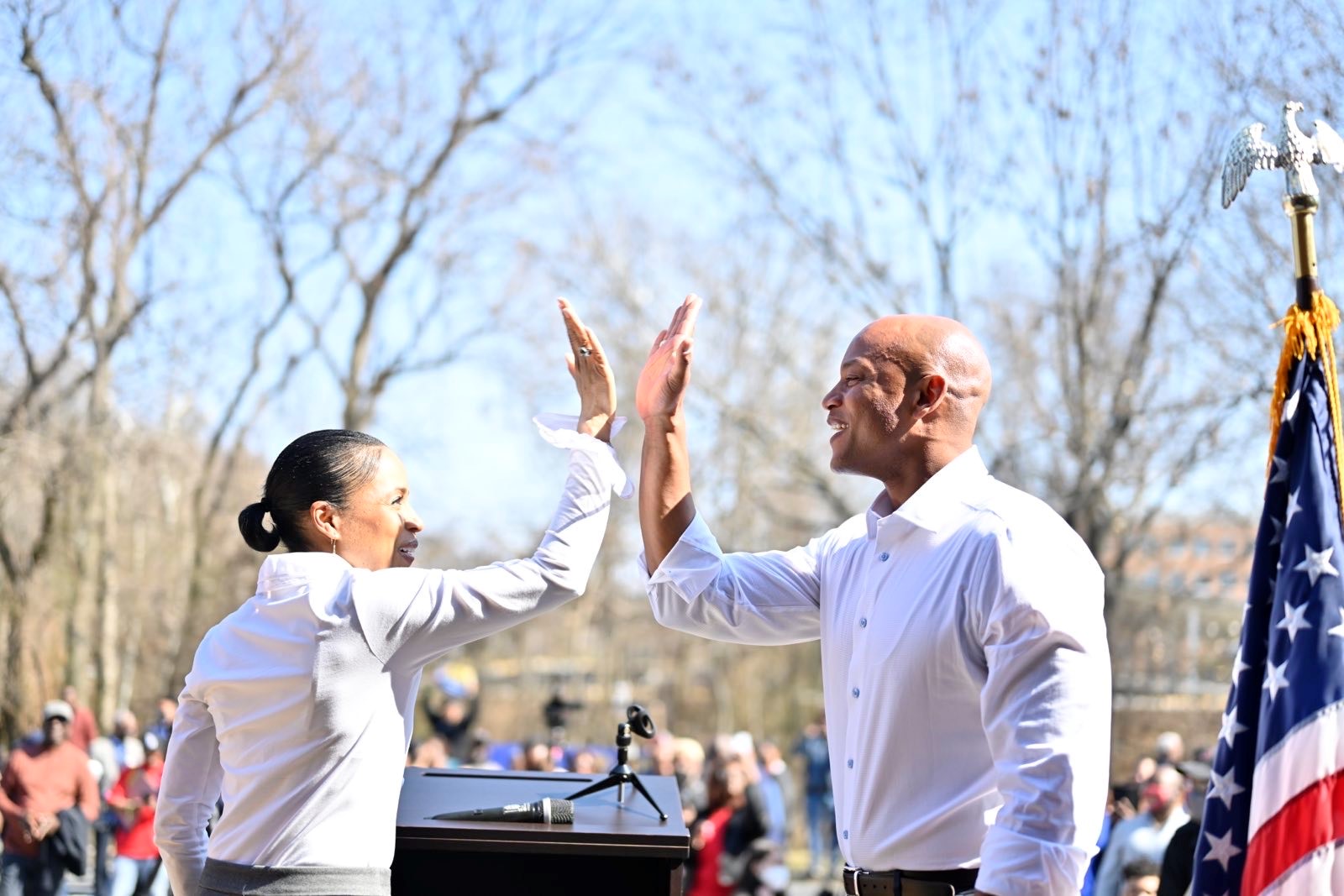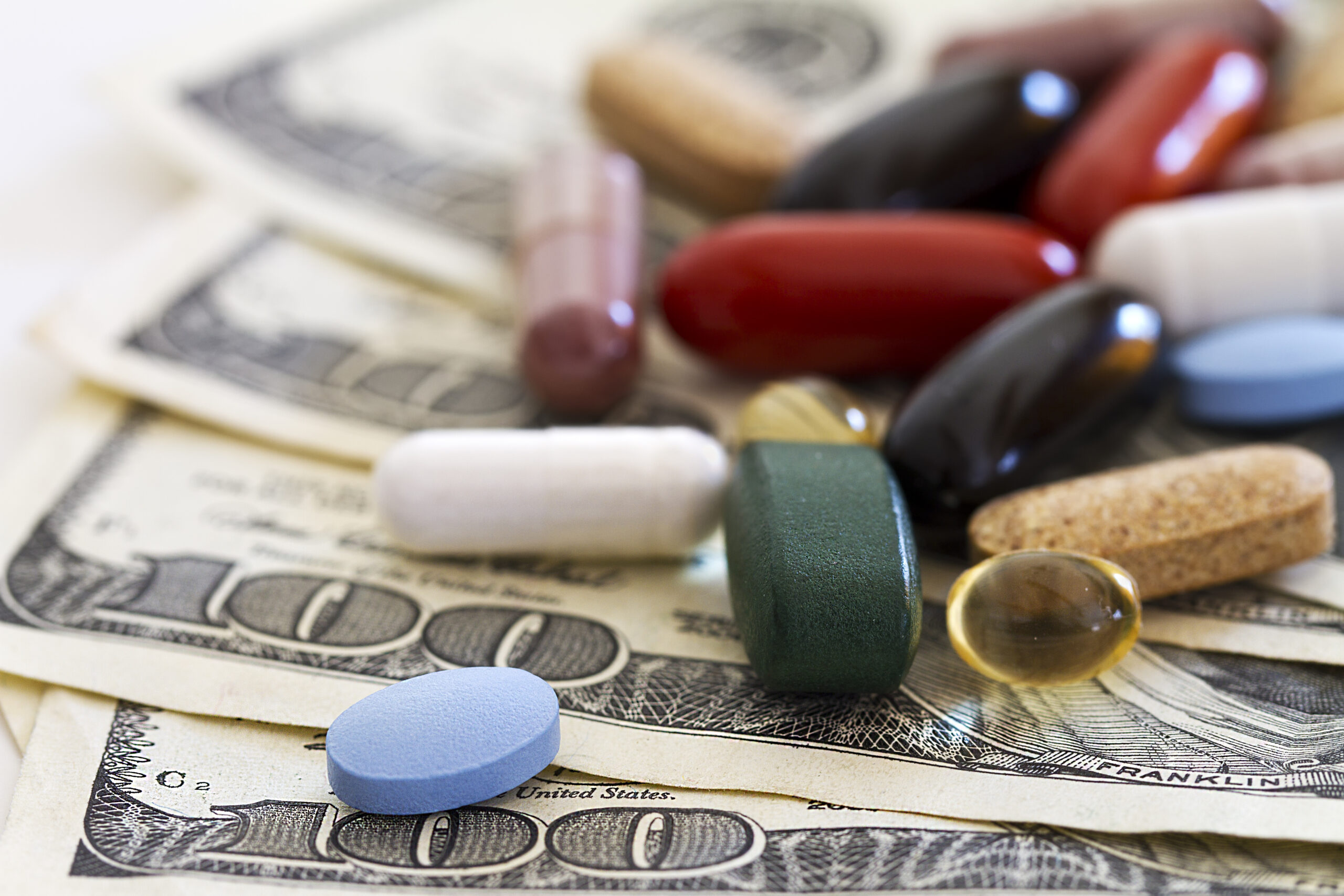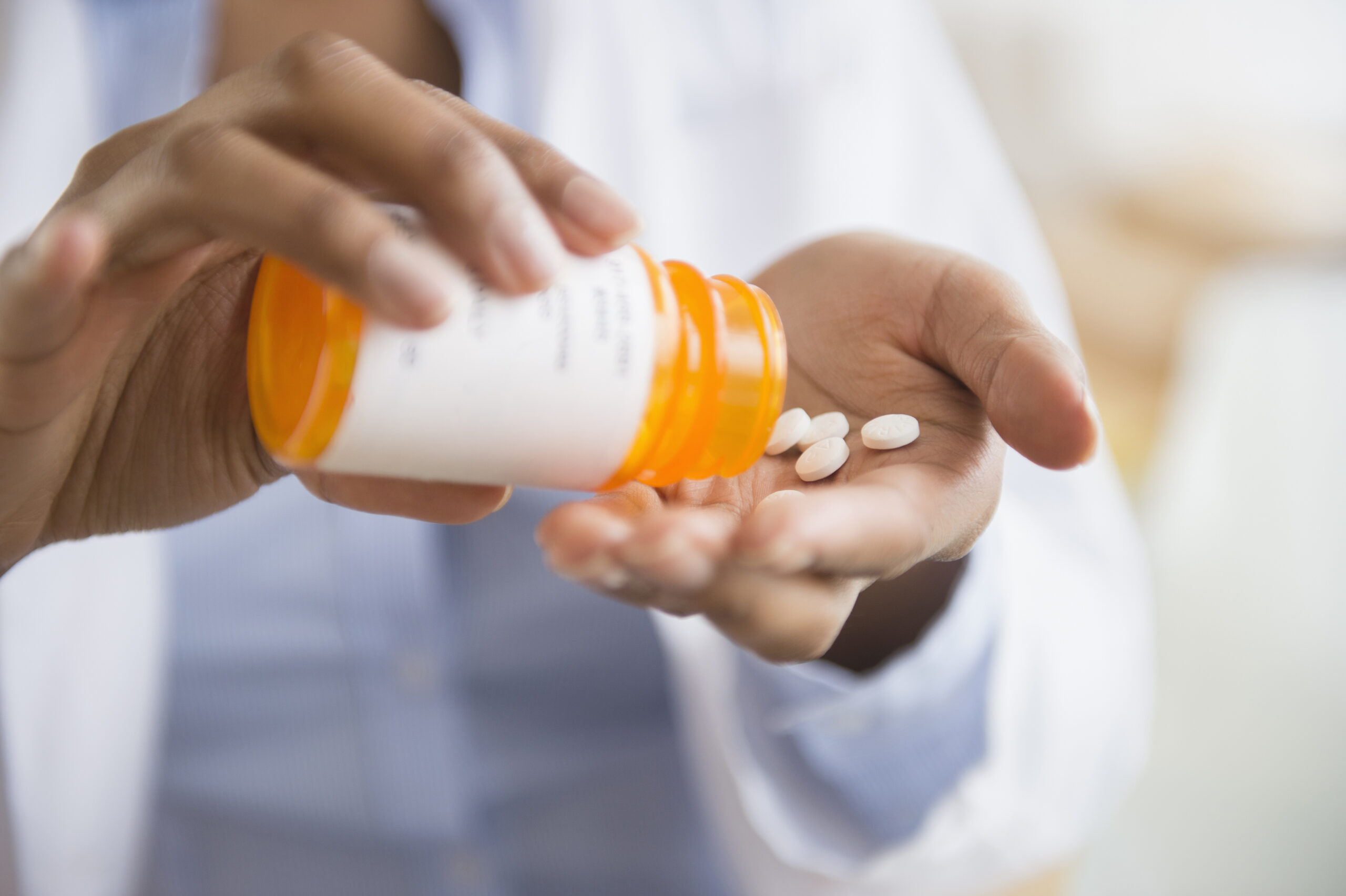Congressional Report Shows Marylanders at the Mercy of PhRMA

Seniors and uninsured people who have diabetes pay far more for insulin and their other medications than they should, a new congressional report concludes, because federal law prohibits Medicare and other programs from negotiating lower prices with drug manufacturers.
House Majority Leader Steny Hoyer (D-Md.) asked the Committee on Oversight and Reform to look at his district, the 5th, to determine the impact of prescription drug pricing on Medicare beneficiaries and people who lack health insurance.
Researchers estimate there are approximately 6,000 Medicare beneficiaries in the district who have been diagnosed with diabetes and 52,000 uninsured persons.
They found that the 50 most popular brand-name diabetes medications are available at “significantly lower prices in other countries.”
“For example, the cost of these drugs to the Medicare program in the district are 4.9 times the cost in Australia, 3.5 times the cost in the United Kingdom, and 2.6 times the cost in Canada.”
The report found that the three companies — Sanofi, Eli Lilly, and Novo Nordisk — that account for almost all of the insulin market in the United States (an estimated 96 percent) “have systematically and dramatically raised the prices of their insulin products by more than tenfold—often in lockstep. These prices dwarf manufacturing costs.”
Uninsured diabetes patients fare even worse, the report concluded.
Patients “who purchase a monthly supply of Lantus Solostar—a popular brand of insulin—pay an average discounted price of $286, as compared to $33 in Australia, $51 in the United Kingdom, and $70 in Canada.”
Although the Veterans Administration uses its purchasing power to negotiate lower drug prices with pharmaceutical firms, Medicare is barred from doing so. That has brought criticism of the Medicare system dating back to President George W. Bush’s time in office.
Former Congressman Jim Moran (D-Va.) places the blame with the Obama White House, which made a deal with the pharmaceutical lobby during tense negotiations over the Affordable Care Act.
“[Then Chief of Staff] Rahm Emanuel made a deal with Big PhRMA… that precluded them from using the bargaining power of Medicare. It was a disgrace as far as I’m concerned.”
“Had we not put that rule in,” Moran added, “pharmaceutical firms would be getting what they [are entitled to] based upon Medicare’s analysis of cost versus reasonable return. But now they can get exorbitant returns.”
Congressional Democrats, who regained the majority in January, are now pushing legislation to remove the 2009 limits on Medicare’s ability to bargain.
But they face an uphill fight given the industry’s clout in Congress. Pharmaceutical firms shower incumbents of both parties with campaign contributions.
A report by Citizens for Responsibility and Ethics in Washington looked at “how the pharmaceutical industry’s lobbying activity has responded to the growing possibility that legislators may take action to rein in the cost of prescription drugs.”
In Hoyer’s district alone, congressional analysts concluded, consumers would have saved approximately $7.8 million if Medicare had paid what Australia pays for the 50 most popular diabetes drugs now on the market — a 73 percent savings.
And of course, it’s not just diabetes patients who pay more. It’s any Medicare beneficiary or uninsured person who takes just about any drug.
“For Lipitor, veterans will pay about 15%, less actually, of what Medicare patients pay for the same drug,” Moran said.




 Creative Commons Attribution
Creative Commons Attribution